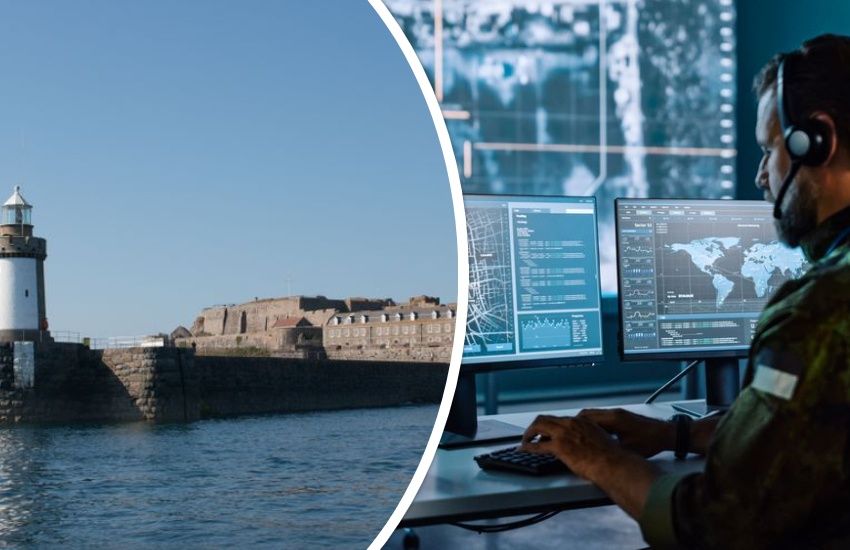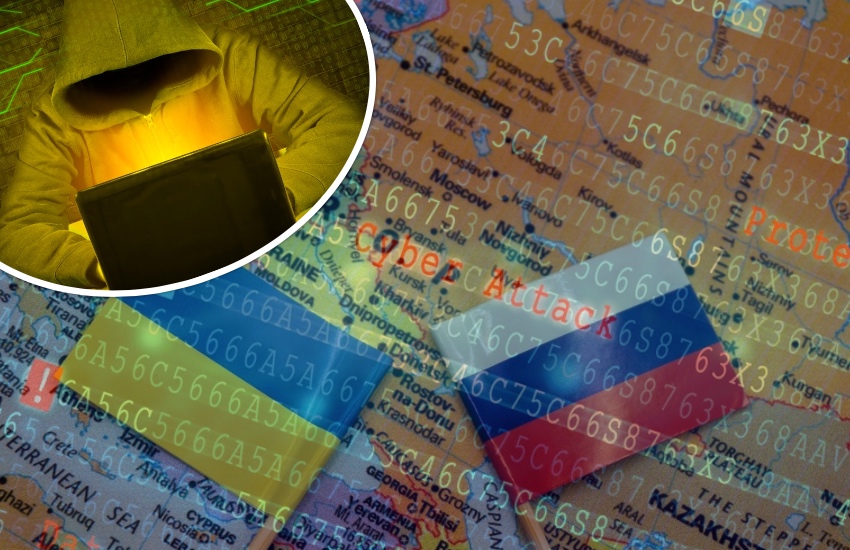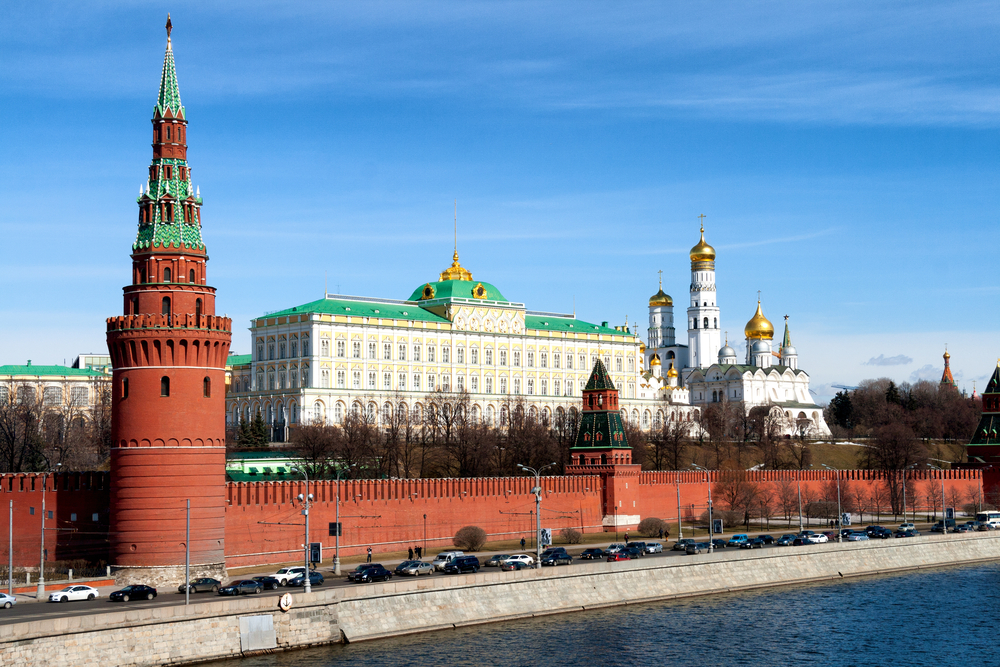


A locally-based expert in cyber security is warning that people in the Bailiwick could get caught up in "the cyber equivalent of warfare" as eastern Europe stands on the brink of war.
Russia said last night that two regions in eastern Ukraine which are controlled by Kremlin-backed separatists had asked Moscow for help to respond to what they claim is aggression by Ukrainian forces. The US and other Western nations fear it could be a pretext for Russia's President Vladimir Putin to launch a full-scale invasion.
In recent years, Russia has been suspected of orchestrating widespread attacks on computer systems in other countries. Only yesterday, it was reported that the websites of Ukraine's government, foreign ministry and state security services had been taken down, allegedly by Russian actors.
Tony Cleal, Managing Director at Guernsey-based firm Black Arrow Cyber Consulting, said that "businesses in the Channel Islands are inevitably at risk...the risk is real".
His colleague at Black Arrow, Director Bruce McDougall, said that local businesses in particular need to be aware of foreign hackers' ability to "take down systems and make systems unavailable".

Pictured: Guernsey is not immune from the heightened risk of cyber attack as tensions rise in eastern Europe.
They say that risks which are now greater because of hostilities involving Russia include attacks through e mail, infected documents and malicious websites as well as more direct attacks on businesses' infrastructure.
Staff in some firms may be accustomed to receiving emails with links and documents from trusted third parties, but in the current climate these should be treated with caution in case the correspondence or the sender’s account has been compromised.
The experts say that ‘zero-day attacks’ are now likely. This is where vulnerable computer software is quickly discovered and exploited by hackers to cause disruption. Criminal enterprises are also likely to take advantage of any chaos, as they have during the covid-19 pandemic.

Pictured: Russia is considered to be among the most sophisticated nations in the world for cyber warfare and businesses and individuals are advised to be on alert for attacks.
Mr McDougall, a Senior Cyber and Information Security Consultant, said that every user of IT is at risk but the risk is greatest to businesses "because of the networks connected to one another".
“Many of the well-known group actors involved are based in Russia where there is collaboration between state and private individuals. This is the cyber equivalent of warfare,” he said.
Mr Cleal encouraged businesses to act immediately to protect themselves.
“Businesses need to gather all their protections to avoid being victim to an attack. This must include people, operations and technology,” he said.
“The danger is higher when businesses think that IT is the only risk and the only solution. Think about strengthening your operational procedures, such as call backs to confirm details before a payment is made or information is sent.
“Think also about telling employees to be extra suspicious of communications and documents sent through email and Teams, for example, which could contain malware.
“The businesses could be targeted because of their client base, but they could also simply be caught up in cross-fire when countries launch cyber attacks.
"It is clear that by connecting our computer networks to the same internet as is used by everyone else in the world, from Russia and China to the US and Australia, businesses in the Channel Islands are inevitably at risk."

Pictured: Human error is important in allowing hackers to enter IT systems.
Mr Cleal said that companies also experienced attacks and disruption when Russia previously took military action in Ukraine in 2014.
“Russia was named by several intelligence agencies as having injected the NotPetya encrypting malware through a Ukrainian tax preparation software in 2017 to target Ukrainian assets,” said Mr Cleal.
"The situation eventually spiralled to infect thousands of businesses across the world, causing serious damage. The situation could be more serious this time."
Comments
Comments on this story express the views of the commentator only, not Bailiwick Publishing. We are unable to guarantee the accuracy of any of those comments.